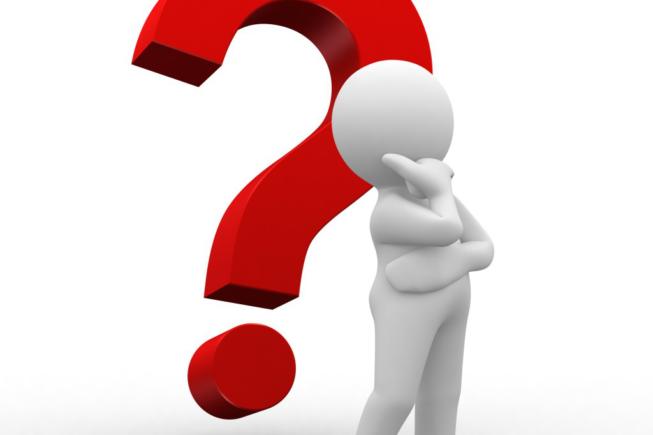Before the elucidation on asking questions- The Art and Science, it is worth to share a couple of quotes on the same so that the importance and clarity about the heading comes to many a mind.
“He who asks a question is a fool for five minutes; he who does not ask a question remains a fool forever.”
– Chinese proverb.
“Successful people ask better questions, as a result of which, they get better answers.”
– Antony Robbins
Asking is the simple act of putting together a query in order to obtain an answer. Asking is a very important part of communication, because the answers we receive are based on the type, style, content, intent, energy and purpose behind the questions we ask. It is the answers to these questions which lead us to actions and inferences.
How good are we in asking questions? It is a fact there are people who never ask, there are people who fear asking, people who do not know how to ask, people who are incomplete in asking and so on.
Basically we can classify questions to two different types.

- Closed
- Open
Closed questions
Closed questions are those that can be answered by either “yes” or “no,” or with a specific bit of data, such as your name, date of birth, or occupation. These questions restrict our responses and give us little opportunity to develop our thoughts before answering.
Sales people make use of certain tag questions, the one which is added at the end of the statement with an intention to erase resistance.
Ex. You find it very useful, isn’t it?
Conversational postulates also form part of closed questioning with a choice of response.
Ex. Do you how to how to have fun?
Open questions
Open questions, on the other hand, encourage people to talk. These questions are phrased so they cannot be answered with a simple yes or no. Open questions often begin with a variation of the five W’ s (who, what, when, where, why), or can ask how.
Ex. Where can find good dining places in the town?
Probing is also a kind of questioning to unearth or drawing out information from others.
Ex. Can you be clearer on that?
We can also come up with mirroring questions.
For example, let’s say the person has just said, “What I really want is more variety in my work.” You may respond by just reflecting back to them, “Variety?” The reflective question usually provides you with an expanded answer without you needing to ask more questions.
Paraphrasing is an intelligent way of asking question.It is a method that is particularly useful to make certain you understand what has just been said.
An example: “So if I understand you correctly, you…”
Another strategy in asking is asking a summary question. You narrate the whole episode of the conversation to make sure that the understanding is mutual and then proceed with a further question.
Ex. “You have tried stopping the argument with your neighbour, you have talked with him about the importance of relationships amongst neighbours and still he has come up with complaints and further abuses. None of these has worked and now you are asking me to intervene. Isn’t it?
By mastering the art and science of questioning, one will be able to know others to the best, understand their feelings, emotions, attitudes and behaviour. All said, over and above you will be able to influence him and establish great relationship with him.


